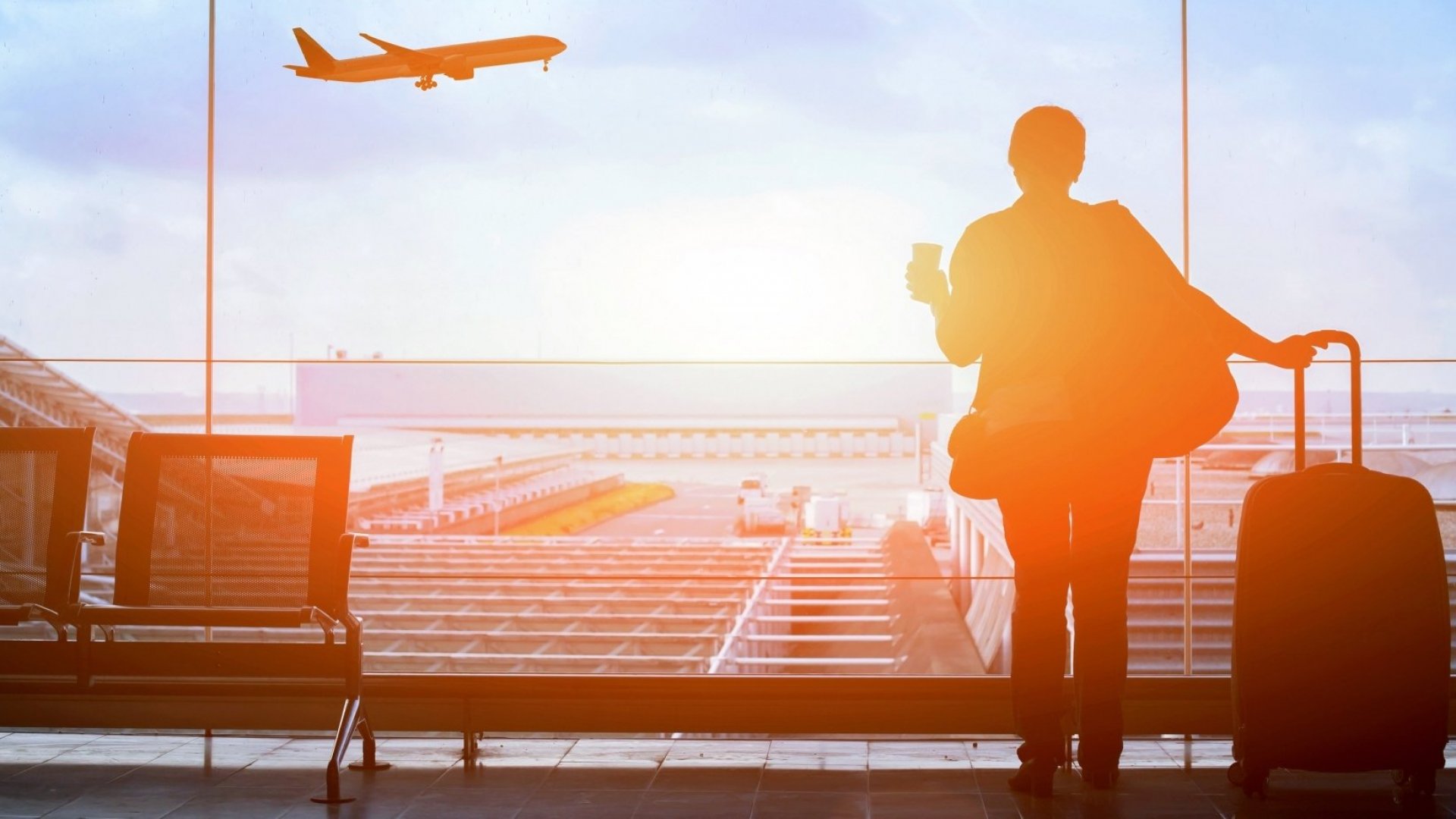If you have business travel to London, you need to read this article. In this article you will discover why the London riots created a greater travel threat than a terrorist attack. We will examine the threat posed by the London riots and demonstrations, terrorist attacks and resulting 다낭 가라오케 delays, disruptions and changes.
At the end of this article, you will have a specific understanding of the required business travel management response and awareness as to why this will happen again. The London riots and demonstrations has resulted in one of the largest business travel disruptions of 2011.
The London riots and demonstrations have come as a complete surprise to many. It is not a unique event and certainly not unique to the UK. The scale, violence, fire and failure of the authorities is often something expected in other countries but the lack of preparedness for destinations like the UK is common and widespread.
Therefore, the lack of preparedness and last-minute scramble to respond and the inability to avoid major business travel disruptions are widespread as a result. Due to the footprint of disruption, many routes and modes of transport have been negatively affected.
Simple commute from the airport, trains and ports to planned accommodation options have been altered and continuous review of hazard or threat assessment are required. Furthermore, travel support providers such as taxis, hotels, restaurants, emergency services an other basic amenities have also been affected, to varying degrees.
The London riots have affected multiple support systems related to business and leisure travel. Any leisure travel disruptions will further compound business travel threats such as decreased accommodation options, airport congestion and increased public transport demand. Even simple actions like withdrawing money from an ATM will prove a challenge and compound the hazard/s.
The London riots have had a prolonged affect on UK business travel sector, far greater than the majority of terrorist attacks. Further affects such as planning and preparation for the 2012 Olympics will also contribute to the lingering affects.
A lack of planning and subsequent response capability by businesses could constitute a failure of duty of care, due diligence, corporate social responsibility, workplace health and safety or other related legislation.
With the exception of the Mumbai terrorist attacks, most have limited travel disruption and only affect a narrow band of travellers. Inclusive of the Mumbai terror attack, terrorist attacks typically have clearly defined threat elements (terrorist, bombings, gunfire, etc) whereas the London riots is a constantly changing and unclear threat.
Most contemporary business risk management systems focus on location and plausible event threats, then seek to inform or prepare travellers for the best results to mitigate or eliminate the hazards and threats. Therefore, the bulk of business travellers will not be prepared or educated on how to respond in London, with such wide spread disruption and threats.
Few will have residual knowledge from information and preparation for such events in other locations, considered more likely to be medium to high risk. Many of the supporting business travel management departments and managers will be equally unprepared and resourced.3
A terrorist attack and other similar violent crimes would have a much smaller footprint of disruption, not affected such a wide business travel demographic, not affect business travel support providers so comprehensively or have such a prolonged impact on all exposed.
The instinctive and guided response of travellers to any delay, disruption or change can significantly affect the outcome of any spontaneous or new hazard as it presents. Particularly when this is the first level of response, before support options and resources can be activated or come into affect.
Travel delays have been triggered due to airport and airline workers unable to get to work, taxi drivers not able to refuel vehicles, hotels and staff overwhelmed, business travellers unprepared and convergence of business and leisure travellers upon all available exit travel nodes.
Access to information, at all levels, the ability to consume and process all the options and explore alternatives is imperative in this and similar travel disruption events. Crisis leadership will succeed more frequently than simple crisis management, to which are dependent upon timely and accurate information from all available resources.
